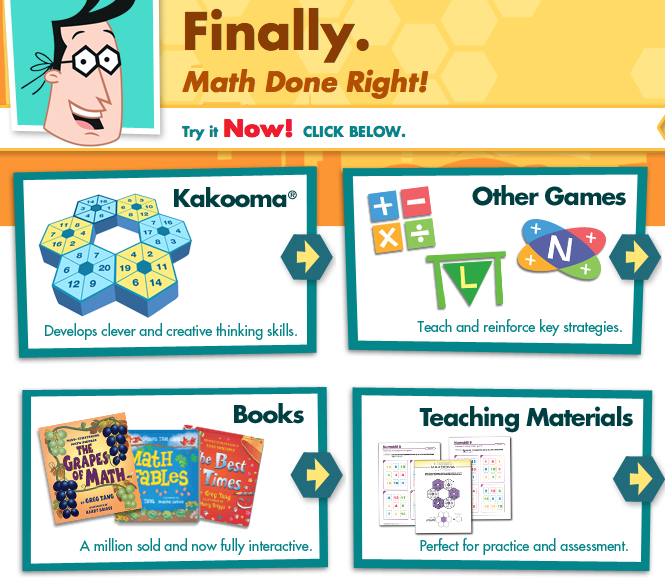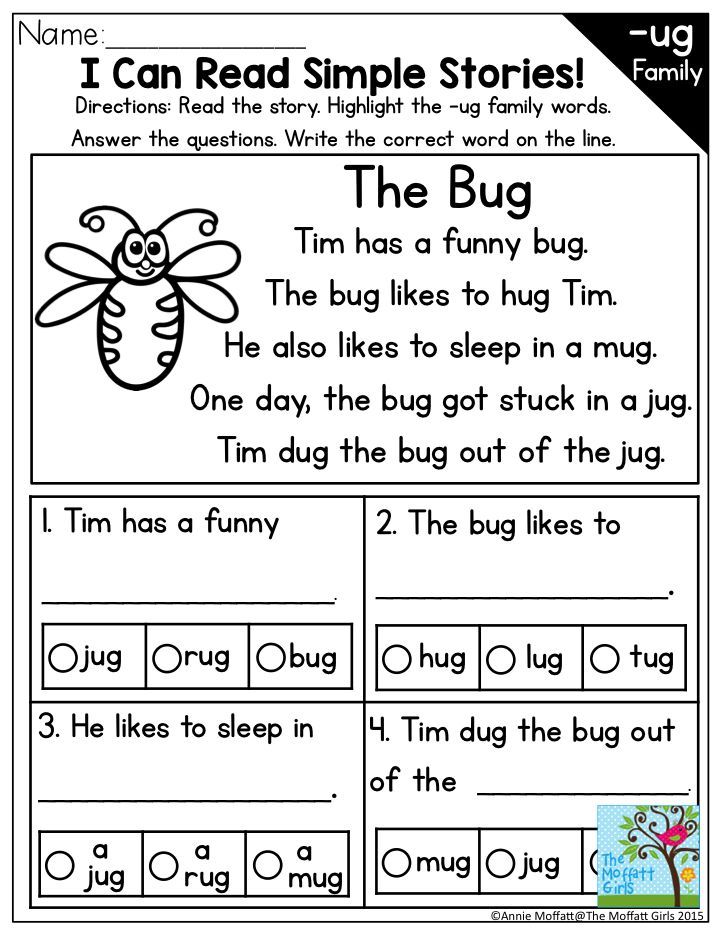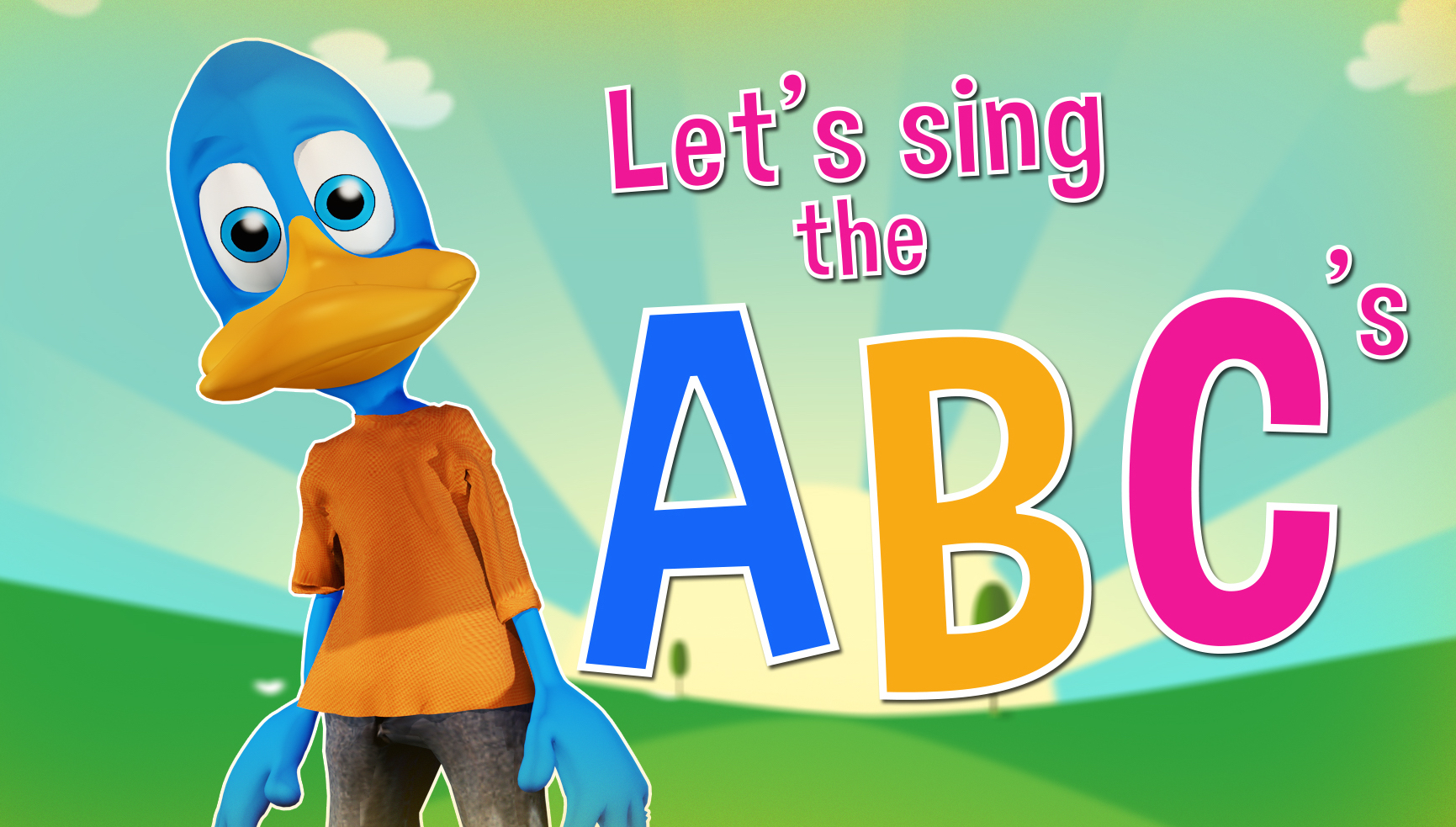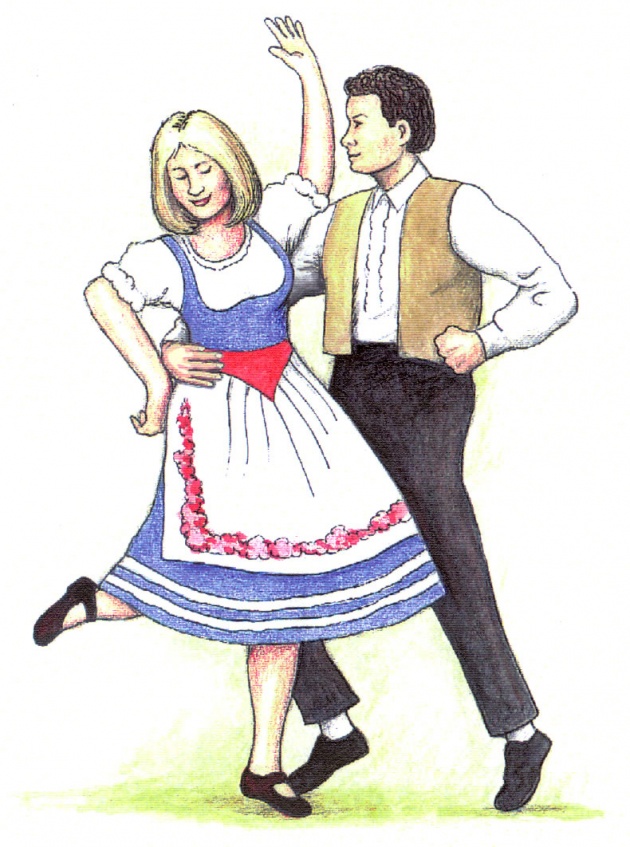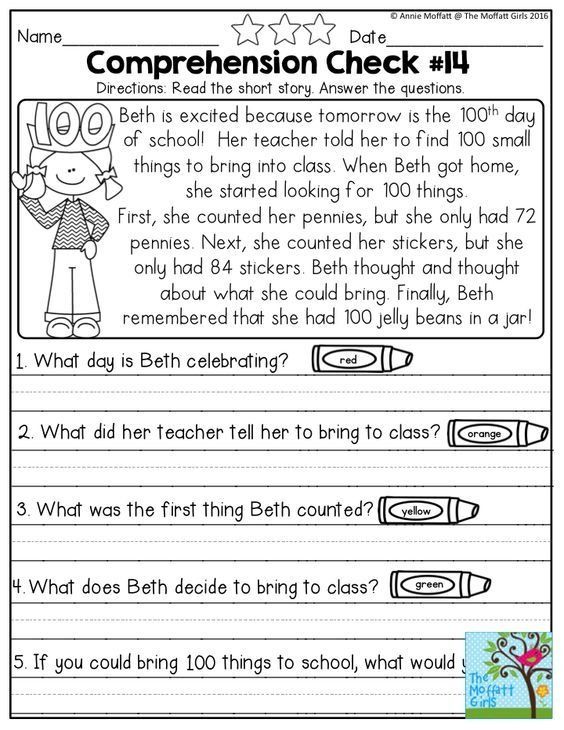When does a child learn empathy
When (and How) do Children Develop Empathy?
A 3-year-old who cries out, “Mommy! Look how big that man’s nose is!” will probably be politely shushed by his mother and ignored by the man. An adult who makes an equivalent statement, however, might find his own nose swollen and hurting within seconds. The difference is much more than a matter of social graces. We do not expect 3-year-olds to understand how the things they say affect other people’s emotions. They are not empathic in the way adults or even well-adjusted 6-year-olds are.
To empathize with someone is to understand what he is feeling or, more properly, to understand what you would feel like if you were in his situation. It is an extension of self-concept, but it is far more complex. It requires an awareness that others think of themselves in ways that are both similar to and different from the way you do, and that they also have emotions they associate with those thoughts and images.
Unlike intelligence and physical attractiveness, which depend largely on genetics, empathy is a skill that children learn. Its value is multifold. Children who are empathic tend to do better in school, in social situations, and in their adult careers. Children and teenagers who have the greatest amount of skill at empathy are viewed as leaders by their peers. The best teachers of that skill are the children’s parents.
The precursors of empathy can be seen in children within the first day or two of life. A crying newborn child in a hospital nursery will often trigger crying among other infants in the room. Such crying is not a true display of empathy. The newborn infant appears to be simply responding to a sound that makes her uncomfortable, much as she would to any loud noise.
Toddlers sometimes show behavior that is closer to true empathy in their first efforts to connect another person’s discomfort with their own. When a 2-year-old sees his mother crying, he may offer her a toy he’s been playing with or a cookie he’s been nibbling. He is giving his mother something that he knows has made him feel better when he has cried.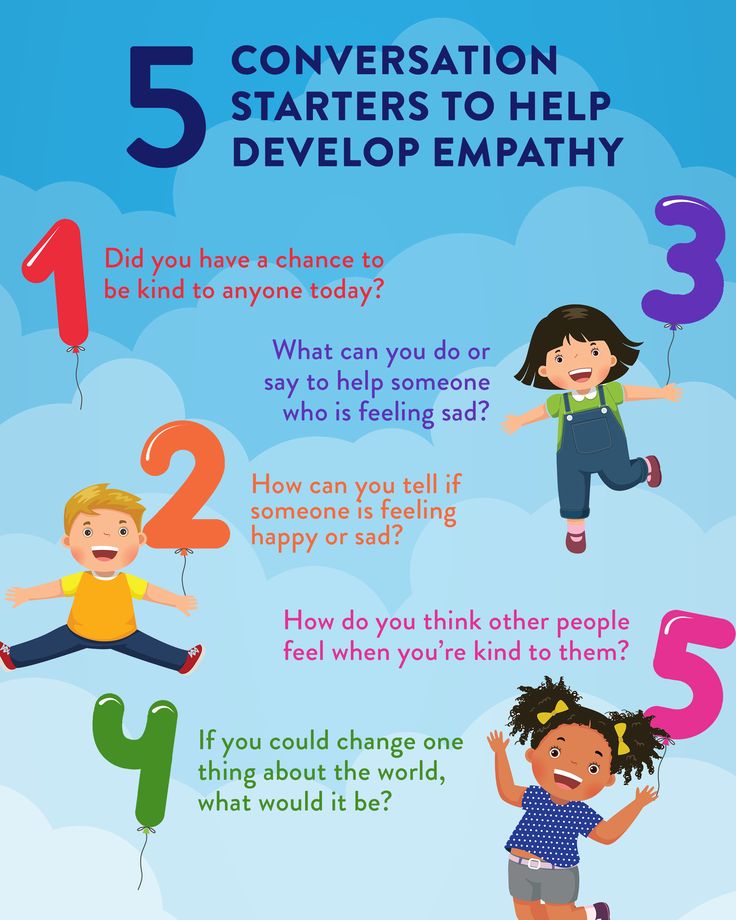 It is unclear, however, whether the child understands what his mother is feeling, or is simply upset by the way she is acting, much in the way a puppy will come up and lick the face of someone who’s crying.
It is unclear, however, whether the child understands what his mother is feeling, or is simply upset by the way she is acting, much in the way a puppy will come up and lick the face of someone who’s crying.
By the time a child is about 4 years old, he begins to associate his emotions with the feelings of others. While one child says he has a stomachache, some 4-year-olds may come over and comfort him. Others, much to the bewilderment and horror of parents and teachers, will walk over the to child and punch him in the stomach.
Yet in each case the healthy child is demonstrating his empathy for the one who is ill. The aggressive child does not know what to do with the skill he’s been developing. The other child’s pain makes him feel uncomfortable. Instead of running away or rubbing his own stomach, as he might have done a year earlier, he feels frustrated and lashes out.
Teaching Empathy
Although the best training for empathy begins in infancy, it’s never too late to start. Infants and toddlers learn the most by how their parents treat them when they are cranky, frightened, or upset. By the time a child is in preschool, you can begin talking about how other people feel.
Infants and toddlers learn the most by how their parents treat them when they are cranky, frightened, or upset. By the time a child is in preschool, you can begin talking about how other people feel.
The way you show your own empathy, however, may be more important than anything you say. If your 3-year-old cries out, “Look at the fat lady!” and you publicly bawl out your child and say that he shouldn’t embarrass other people, you’re working against yourself. Instead, quietly and gently explain why saying that may make the woman feel bad. Ask him if he’s ever felt bad because of something a person said. Even so, some 3-year-olds may be too young to comprehend what you are saying.
When a child is about 5, he can learn about empathy by talking about hypothetical problems. How would you feel if someone took a toy away from you? How would your friend feel if someone took a toy away from him? By the time a child is 8, he can grapple with more complex moral decisions in which he must realize that someone else’s feelings may be different from his own.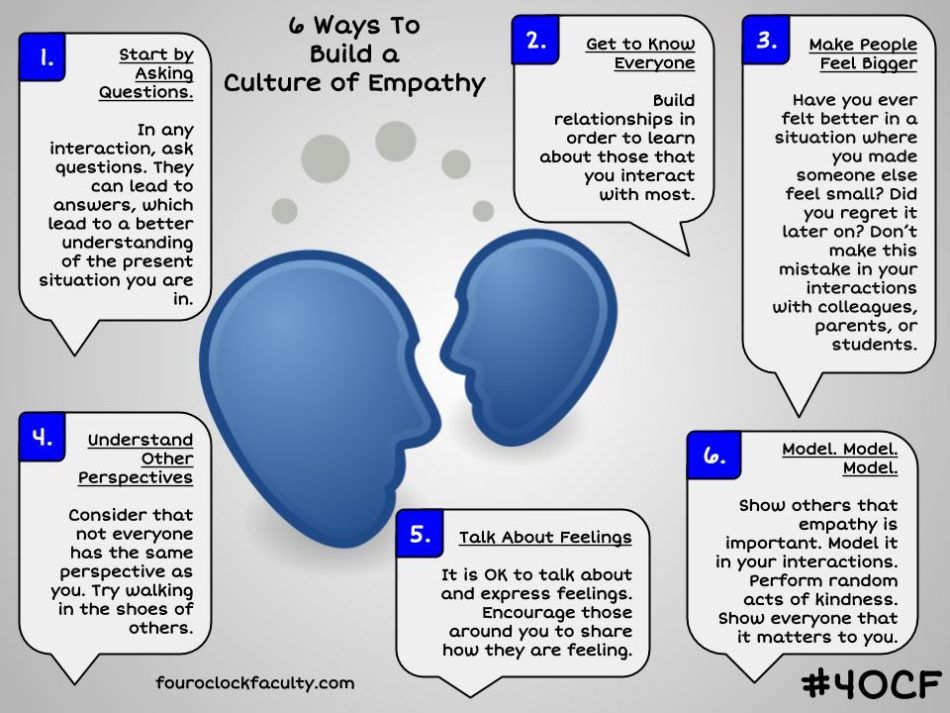
When (and How) do Children Develop Empathy?
A 3-year-old who cries out, “Mommy! Look how big that man’s nose is!” will probably be politely shushed by his mother and ignored by the man. An adult who makes an equivalent statement, however, might find his own nose swollen and hurting within seconds. The difference is much more than a matter of social graces. We do not expect 3-year-olds to understand how the things they say affect other people’s emotions. They are not empathic in the way adults or even well-adjusted 6-year-olds are.
To empathize with someone is to understand what he is feeling or, more properly, to understand what you would feel like if you were in his situation. It is an extension of self-concept, but it is far more complex. It requires an awareness that others think of themselves in ways that are both similar to and different from the way you do, and that they also have emotions they associate with those thoughts and images.
Unlike intelligence and physical attractiveness, which depend largely on genetics, empathy is a skill that children learn.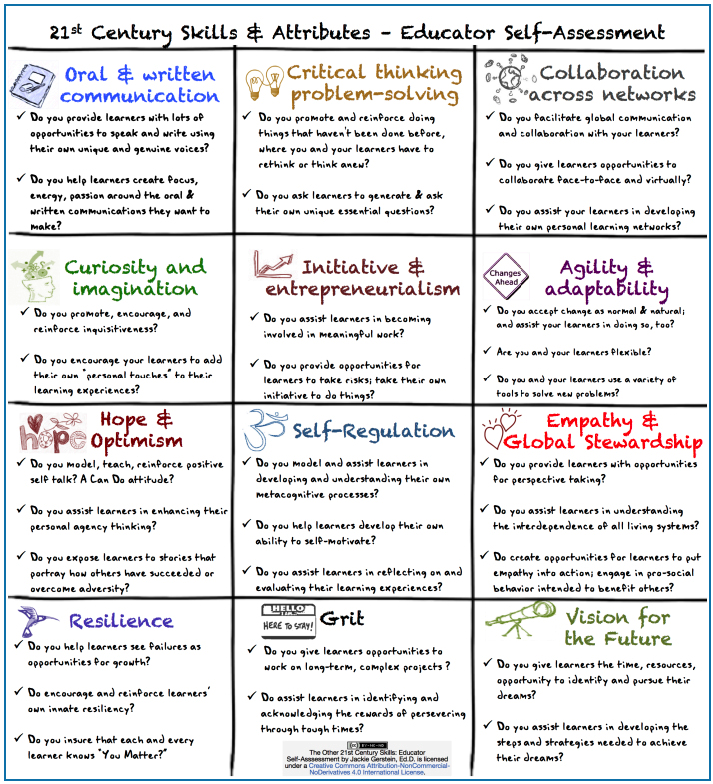 Its value is multifold. Children who are empathic tend to do better in school, in social situations, and in their adult careers. Children and teenagers who have the greatest amount of skill at empathy are viewed as leaders by their peers. The best teachers of that skill are the children’s parents.
Its value is multifold. Children who are empathic tend to do better in school, in social situations, and in their adult careers. Children and teenagers who have the greatest amount of skill at empathy are viewed as leaders by their peers. The best teachers of that skill are the children’s parents.
The precursors of empathy can be seen in children within the first day or two of life. A crying newborn child in a hospital nursery will often trigger crying among other infants in the room. Such crying is not a true display of empathy. The newborn infant appears to be simply responding to a sound that makes her uncomfortable, much as she would to any loud noise.
Toddlers sometimes show behavior that is closer to true empathy in their first efforts to connect another person’s discomfort with their own. When a 2-year-old sees his mother crying, he may offer her a toy he’s been playing with or a cookie he’s been nibbling. He is giving his mother something that he knows has made him feel better when he has cried.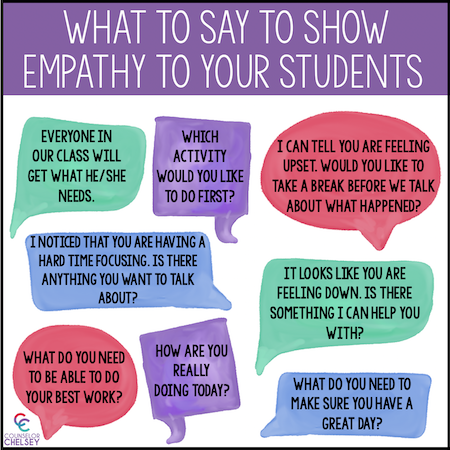 It is unclear, however, whether the child understands what his mother is feeling, or is simply upset by the way she is acting, much in the way a puppy will come up and lick the face of someone who’s crying.
It is unclear, however, whether the child understands what his mother is feeling, or is simply upset by the way she is acting, much in the way a puppy will come up and lick the face of someone who’s crying.
By the time a child is about 4 years old, he begins to associate his emotions with the feelings of others. While one child says he has a stomachache, some 4-year-olds may come over and comfort him. Others, much to the bewilderment and horror of parents and teachers, will walk over the to child and punch him in the stomach.
Yet in each case the healthy child is demonstrating his empathy for the one who is ill. The aggressive child does not know what to do with the skill he’s been developing. The other child’s pain makes him feel uncomfortable. Instead of running away or rubbing his own stomach, as he might have done a year earlier, he feels frustrated and lashes out.
Teaching Empathy
Although the best training for empathy begins in infancy, it’s never too late to start.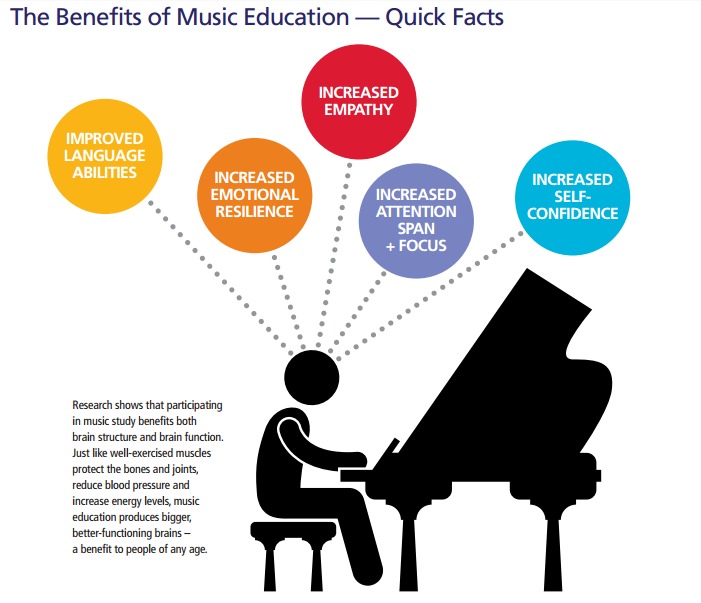 Infants and toddlers learn the most by how their parents treat them when they are cranky, frightened, or upset. By the time a child is in preschool, you can begin talking about how other people feel.
Infants and toddlers learn the most by how their parents treat them when they are cranky, frightened, or upset. By the time a child is in preschool, you can begin talking about how other people feel.
The way you show your own empathy, however, may be more important than anything you say. If your 3-year-old cries out, “Look at the fat lady!” and you publicly bawl out your child and say that he shouldn’t embarrass other people, you’re working against yourself. Instead, quietly and gently explain why saying that may make the woman feel bad. Ask him if he’s ever felt bad because of something a person said. Even so, some 3-year-olds may be too young to comprehend what you are saying.
When a child is about 5, he can learn about empathy by talking about hypothetical problems. How would you feel if someone took a toy away from you? How would your friend feel if someone took a toy away from him? By the time a child is 8, he can grapple with more complex moral decisions in which he must realize that someone else’s feelings may be different from his own.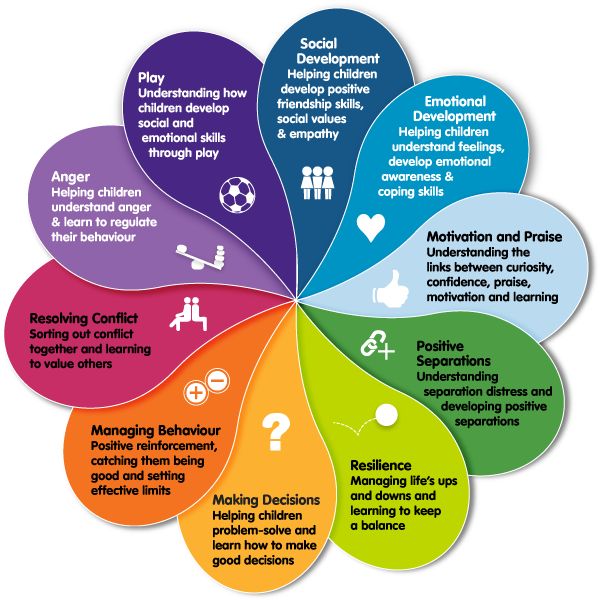
Empathy - how to lay its foundations in children. Development of empathy in young children
admin_kcom
Ask any person if he wants to be cute, and he will probably answer yes. This word is understandable and familiar to many from childhood. But if you ask the question, does he want to be empathic, then you may be faced with bewilderment: “What is this? Why is this? Now let's clear everything up. nine0005
Sympathy is when you feel affection for someone, and empathy is when you feel what another person feels, empathize with him.
Empathy develops when a child interacts with the world around and communicates with significant adults. Therefore, nurturing empathy in a child from an early age is the responsibility of parents. The happiness of not only a particular baby, but also society as a whole depends on this.
The happiness of not only a particular baby, but also society as a whole depends on this.
Types of empathy
There are three types of empathy
:- Cognitive. Understanding the feelings and experiences of another person occurs through mental activity. When the interlocutor tells you about his state of mind, you understand what he is experiencing, even if you yourself have never been in a similar situation.
- Emotional. Understanding other people's experiences occurs at the level of emotions. You associate the other person's feelings with a similar experience you had, and begin to feel what he feels (fear, resentment, disappointment or joy). nine0026
- Valid. Understanding another person's experience is reinforced by action on your part. You have a desire to help him.
Flip-flop family games
How empathic is your child?
Empathy is not an innate quality.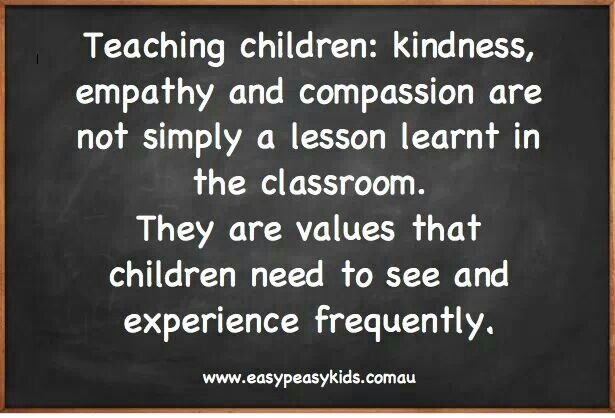 It is formed in children in the process of education. The baby does not think that others may feel bad, his main task, laid down by nature, is to satisfy his vital needs. nine0005
It is formed in children in the process of education. The baby does not think that others may feel bad, his main task, laid down by nature, is to satisfy his vital needs. nine0005
You may notice that young children often hurt other people or animals without realizing that they are suffering from their actions. At first glance, it seems that the kids are cruel and insensitive, but this is not so. The fact is that they have not yet developed the skill of empathy and understanding of other people's emotions.
Already by the age of three or four, the child begins to react to the feelings of other people and empathize with them. He takes pity on his mother, calms a crying baby on the playground, understands that a cat or dog cannot be beaten or pulled by the tail. nine0005
By the age of five, a child already has well-developed empathy. He understands that other beings experience pain and suffering in the same way, experience and rejoice. You can evaluate how empathic a baby is by observing him.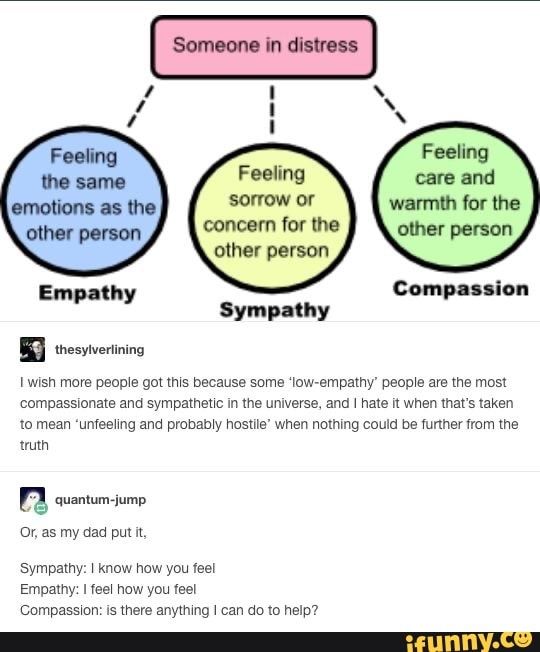
- Child picks up the mood of parents and if he sees that one of them is sad or upset, he will find out the reason.
- The kid is not greedy, gives his toys to other children or treats them with sweets.
- Watching a cartoon or a movie, baby worries about the characters, may burst into tears on a particularly sentimental scene.
The presence of these signs indicates that the baby has a well-developed empathy. If you notice that he lacks responsiveness and the ability to empathize, take care to develop this skill.
Soft skills development games
Why is it important to cultivate empathy?
- With developed empathy, children better feel the motives of other people's behavior. And instead of resistance and anger at parents who do not allow something (and then at the whole world), they will quickly figure out how to interact with others. It is much easier to negotiate and convey your point of view to others if you understand their feelings.
 nine0026
nine0026 - Empathy helps children communicate and adhere to generally accepted norms of behavior. This is not about limiting children's self-expression in the spirit of "the child should not be seen or heard." Rather, it is about accepting the fact that there are other people around you with their own desires and needs, and in order for everyone to live together and peacefully, you need to be able to find a compromise.
- Developed empathy helps not to divide the world into "black and white". From time immemorial, people tend to separate "own" from "alien", when everything that differs from the usual is rejected and even destroyed. But in the era of new ethics and humanism, it is empathy that becomes the very bridge that helps to peacefully connect the variety of possible options, not to go into aggression and find alternative ways. nine0026
- Empathetic people build their careers more easily and achieve high performance in work related to people.
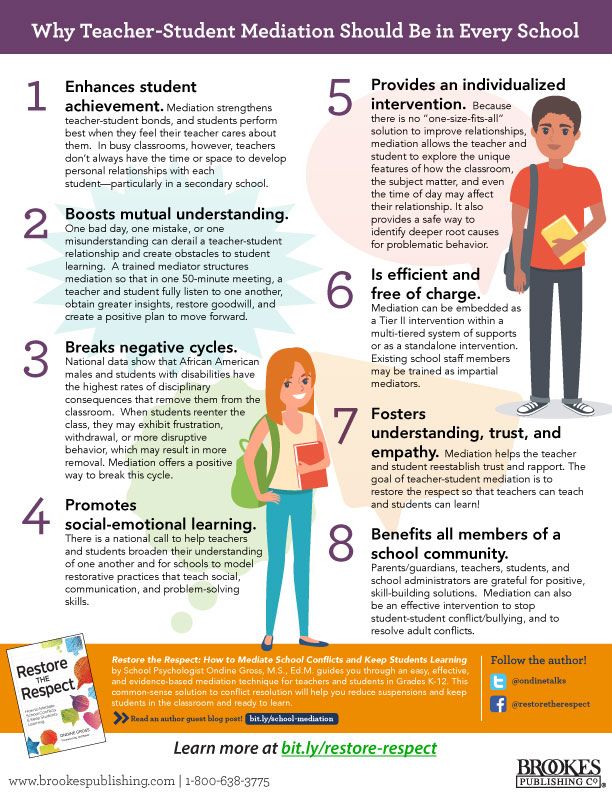 While your child is small, it may not seem so important, but the ability to find a common language - the same soft skill that is so valued by employers, will remain necessary in 15-20 years.
While your child is small, it may not seem so important, but the ability to find a common language - the same soft skill that is so valued by employers, will remain necessary in 15-20 years. - Empathy makes relationships within the family deeper and more trusting. While the child is growing, empathy keeps the peace in the house and helps to survive age-related crises. It will come in handy when an adult child builds relationships with a partner and their own children. So the seed of empathy, planted in childhood, will be inherited from generation to generation! nine0026
You don't have to wait until your child reaches a certain age to start developing this skill. This can be done from the first days of a baby's life, weaving manifestations of empathy into everyday activities.
Learning by playing
How to develop empathy in a child?
- Teach your child to pay attention to other people's feelings. For example, while walking, you saw a little boy fall down and cry.
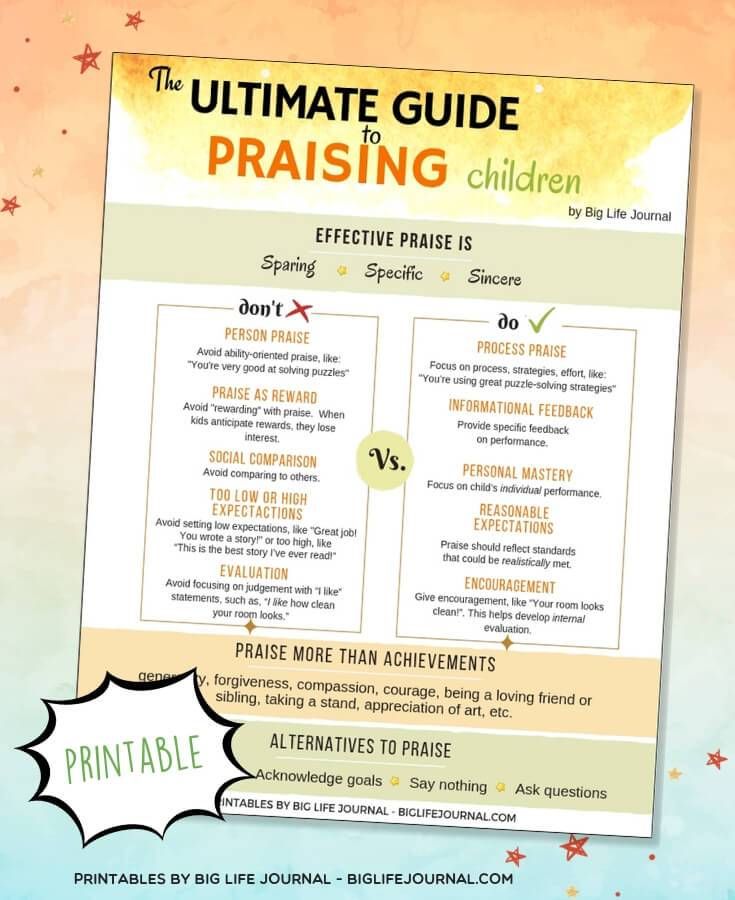 Invite your son or daughter to come and take pity on the baby, help him get up, brush off his clothes. If someone has already helped the fallen, draw the attention of the child to this. Say: “The baby fell, hit and cried, and the grandmother helped him up and calmed him down. If you see something like this happen, you can help too.” nine0026
Invite your son or daughter to come and take pity on the baby, help him get up, brush off his clothes. If someone has already helped the fallen, draw the attention of the child to this. Say: “The baby fell, hit and cried, and the grandmother helped him up and calmed him down. If you see something like this happen, you can help too.” nine0026 - Show your emotions openly, talk about your feelings. So the baby will understand that this is normal and he has nothing to be ashamed of.
- Name the emotions experienced by the child. Explain: "You are upset, you are offended, therefore you are crying." The words of the mother will help the baby to realize what he feels, show that the open manifestation of emotions is conducive to feedback and establishing contact.
- Use the I-statement to talk about your emotions : "I'm sad because you left the toys and don't want to collect them", "I'm very glad that you helped me clean the room.
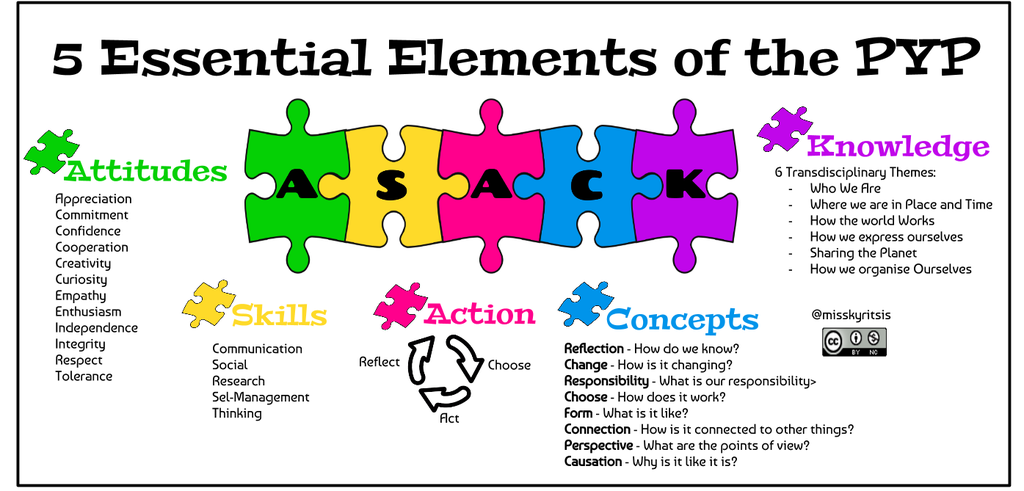 " nine0026
" nine0026 - Do not hush up negative emotions, do not be afraid of them and do not shame the child for their manifestations. Do not forbid him to show and express his feelings. He must know that sadness, joy, fear, resentment are normal manifestations of human experiences. Do not laugh or make fun of the crumbs' negative emotions, do not besiege him when he is having fun.
- Ask your child more often about how he feels, what mood he is in.
- Don't discount your baby's feelings, even if they seem insignificant to you. The kid quarreled in the garden with a friend? Calm him down. Happy with a new toy? Share your joy with him.
- Direct your child's attention to the emotions and feelings of other people, animals, book characters, cartoon characters. Ask: "How do you think he feels now?" When reading fairy tales or watching cartoons, discuss them with your son or daughter. Ask questions such as: “What do you think the girl experienced when she got lost in the forest?”.
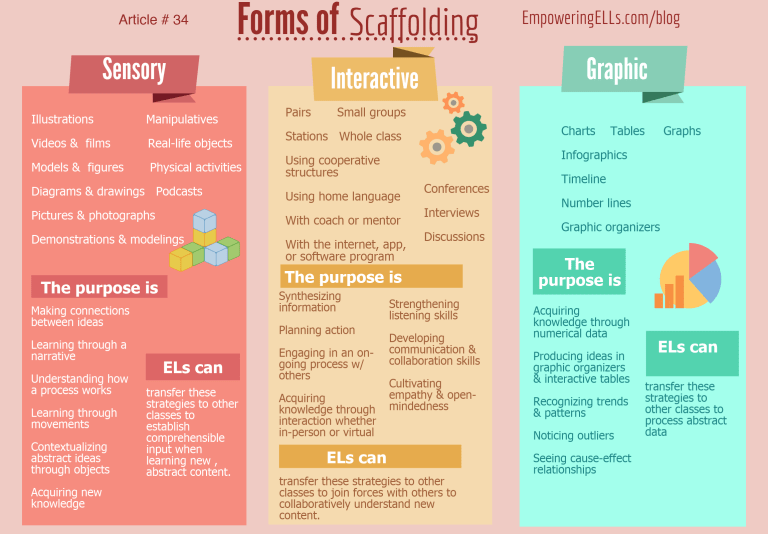 Ask the kid to imagine what he would feel in the place of this or that hero, how he would act in a similar situation. nine0026
Ask the kid to imagine what he would feel in the place of this or that hero, how he would act in a similar situation. nine0026 - Teach your child to be generous. Tell us about how great it is to share your toys with friends, treat them, invite them to play. But at the same time, do not put pressure on the baby, do not force him to distribute toys and sweets to other children if he does not want to. He must do it at will.
The environment in which a child grows up greatly influences the development of empathy. If a kid observes rudeness and neglect in the family from childhood, he will not be able to grow up sensitive and responsive. Of course, there are children in whom the skill of empathy is formed even in an unfavorable social environment. But this is the exception, not the rule. nine0005
Good books, films, cartoons, children's plays and performances are a good help for the development of empathy.
The development of empathy is impossible without socialization.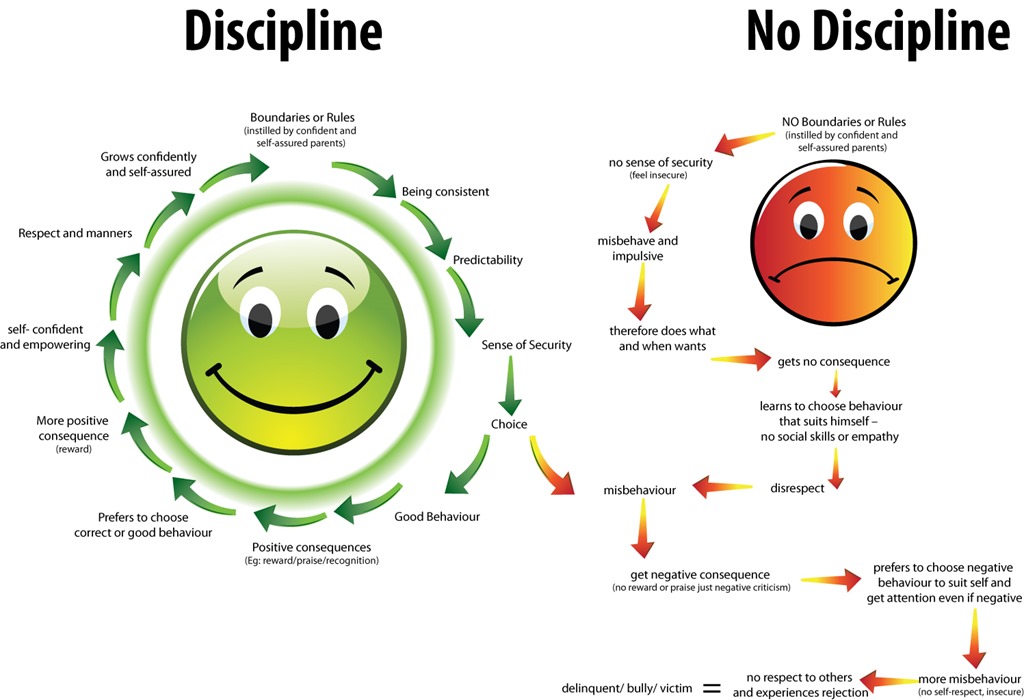 Communicating with peers, the child learns to understand other people's feelings. The more friends a baby has, the easier it is for him to interact with people.
Communicating with peers, the child learns to understand other people's feelings. The more friends a baby has, the easier it is for him to interact with people.
A well-developed ability to understand the emotions of other people makes it easier to blend into a team, recognize deceit, and find a common language with a variety of people. Empaths sense when conflict is brewing and don't overstep boundaries in communication. ⠀
It is important to remember that a child is brought up by actions. He will grow up as an empathic person if it is customary in the family to talk openly about feelings, empathize and help other people. Even if no one talked to you about empathy when you were a kid, that doesn't mean the entire human race is now doomed. Show empathy yourself, learn with your child, and he will definitely follow your example.
Author: CUVYRKOM
How to develop empathy in a child, what is empathy and how important is empathy for children
What is empathy
Empathy is the ability to understand the feelings of another person.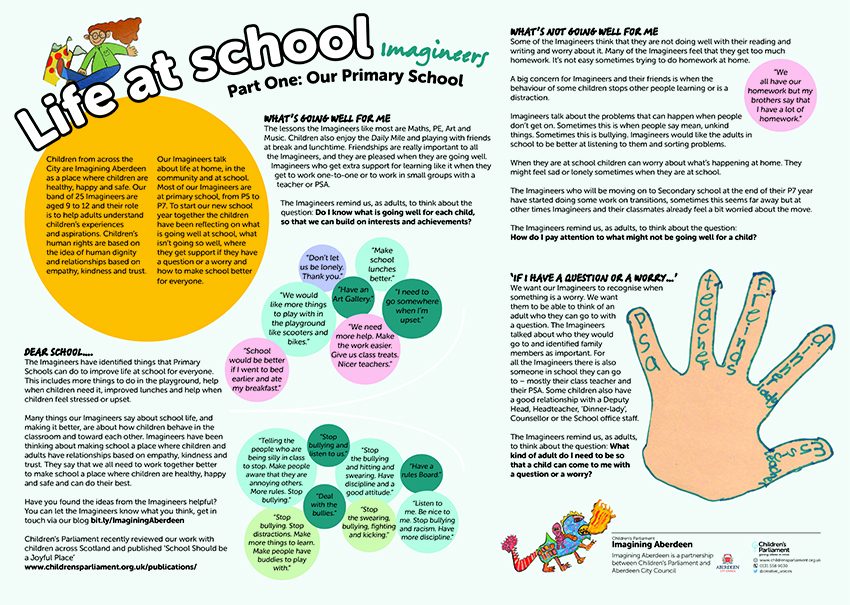 Its manifestation does not mean at all that the empath will certainly help another in trouble. Empathy is most often about the level of understanding of feelings and emotions, rather than specific actions.
Its manifestation does not mean at all that the empath will certainly help another in trouble. Empathy is most often about the level of understanding of feelings and emotions, rather than specific actions.
Psychologists distinguish three types of empathy.
Cognitive empathy. We make sense of other people's feelings through data analysis and processing: for example, we draw parallels with fiction and cinema. The character in The Catcher in the Rye felt like this in such and such a situation, and I sympathize with my friend, because I understand that he now feels the same way. nine0005
Emotional empathy. We make sense of the feelings of others by associating them with our experience. For example, we understand that a person is feeling bad now, because they themselves were in a similar situation.
Effective empathy. We not only comprehend the feelings of others, but also move on to actions: for example, we offer a person specific help.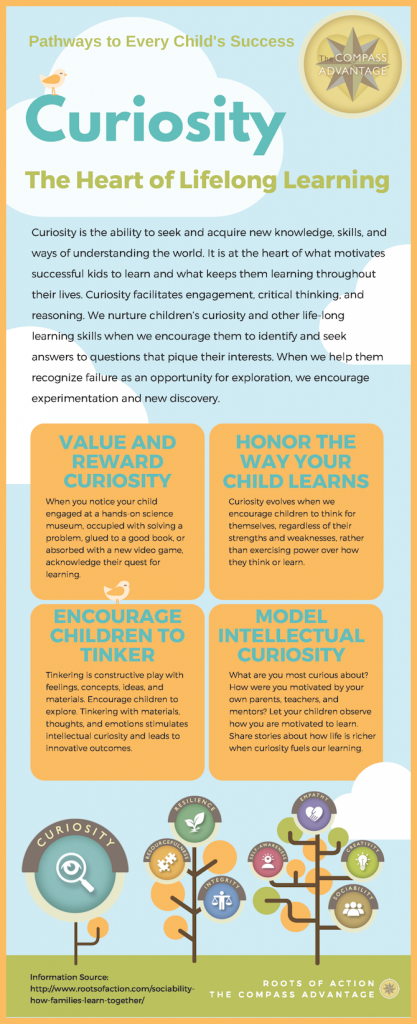
How to understand if a child has enough empathy
Empathy is not an innate ability, but a consequence of upbringing. Its foundations must be laid at an early age. nine0005
Even then, parents can observe the difference between a child prone to empathy and a child to whom empathy is alien: the former is able to pity someone and sympathize, while the latter will remain indifferent or even gloat.
By age 3-4, children should be able to respond to other people's feelings and show empathy. If a five-year-old does not have enough empathy - for example, laughs when a peer is hurt - this is an alarm signal for parents. Here are a few ways to tell if a child has empathy. nine0005
<
The child picks up the emotions of others and reacts correctly. For example, it reads when mom came home from work in a bad mood - even if mom does not say anything - and asks: “Mom, did something happen?”, “Mom, are you sad?”.
The child is not selfish .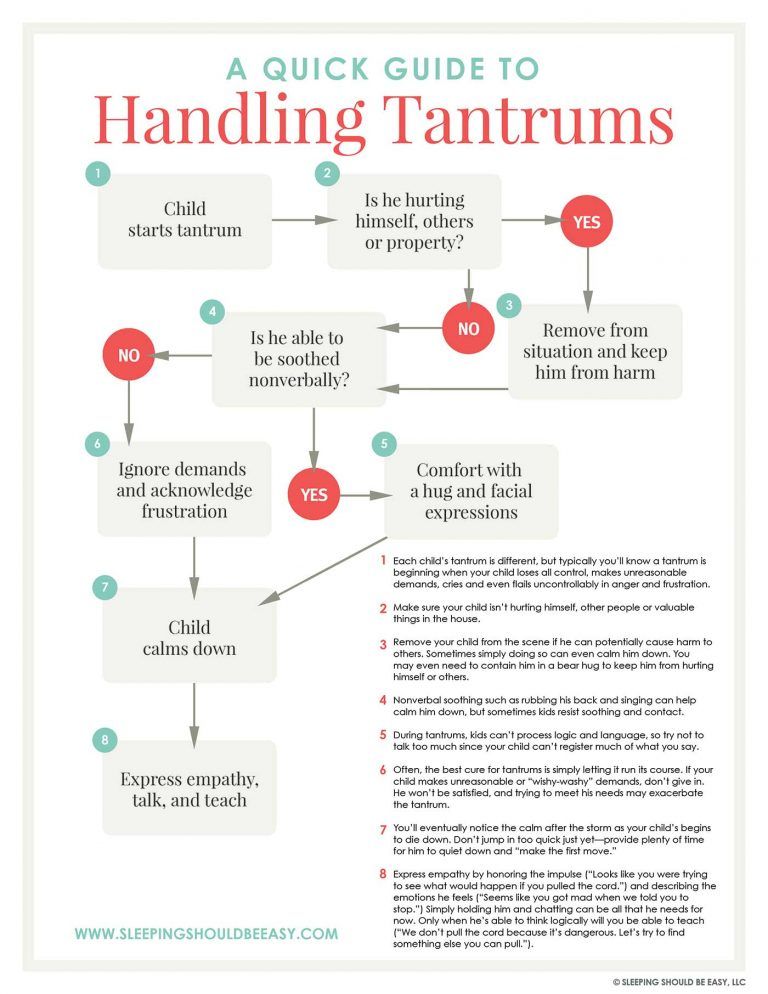 For example, he can make a compromise when playing on the playground: let the younger kid swing first on the swing.
For example, he can make a compromise when playing on the playground: let the younger kid swing first on the swing.
The child empathizes with characters in fairy tales and cartoons. nine0010 If a son or daughter cries while watching Monsters, Inc. or reading the children's novel No Family, this means that he has a high level of empathy.
Source: freepik.com / @freepic-dillerHow to purposefully develop empathy
If you are afraid that your child lacks emotional responsiveness and the ability to empathize with others, this skill can and should be developed.
1. Pay attention to other people's feelings
Invite your child to feel sorry for someone who is feeling bad right now. For example, on the playground, a boy fell down a hill and was crying. You can approach and feel sorry for him, offer help. If you see that the boy is already being helped, you can limit yourself to a discussion with the child: “Look, you have fallen. Poor guy, he's in pain.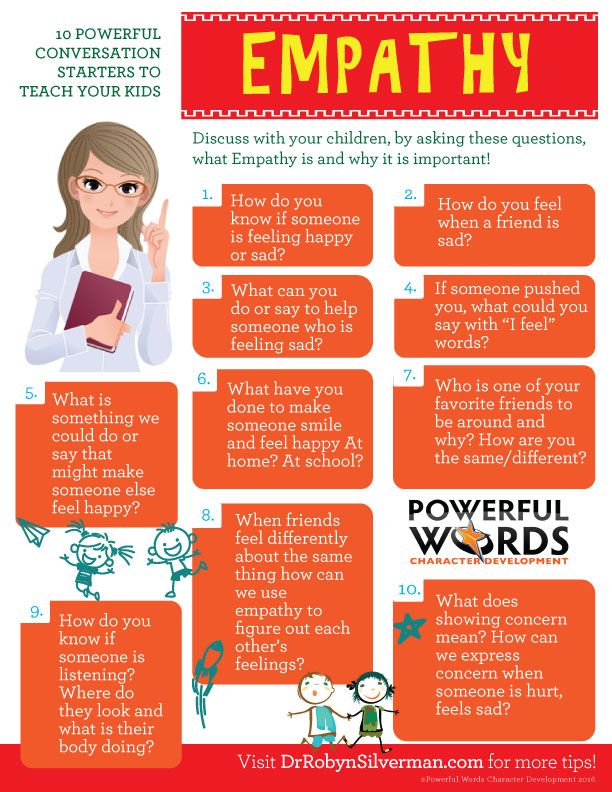 Well, nothing, his grandmother will regret it, and everything will pass. If the child offended someone, you should not just demand “apologize immediately”, but describe in detail the feelings of the one who was offended. nine0199
Well, nothing, his grandmother will regret it, and everything will pass. If the child offended someone, you should not just demand “apologize immediately”, but describe in detail the feelings of the one who was offended. nine0199
It is not necessary to look for live situations. Focus on someone's feelings when you play with your child. For example: “My doll bought a balloon, and it accidentally flew into the sky. She is sad." Come up with situations and discuss with the child - how does the hero feel? What is it like for him? Can we help?
2. Be an example
The upbringing and education of children is built on the repetition of the actions and reactions of a teaching, significant adult. Don't hide your feelings when you feel bad - talk openly about them. nine0005
Show empathy towards the child, even if his problems seem far-fetched - for example, in the sandbox he did not share a bucket with someone. If you are sensitive to the emotional state of the child, he will adopt it. Important: never tell your child how he “should” feel right now.
Important: never tell your child how he “should” feel right now.
One must be able to cope with even the most difficult emotional state of a son or daughter, regardless of their age. Don't laugh or make fun of your child's negative emotions. Such emotions are an opportunity for rapprochement. As a rule, children who could easily trust adults in childhood felt secure, received support and affection at the right moments - there are no problems with empathy. nine0005
3. Socialize
Social connections are important at any age - this is how a child learns to get along with others. The more contact a child has with peers, the easier it is for him to learn empathy. Team games accelerate the emotional and cognitive development of the child. Interacting with others, the child receives a lot of empathic experiences, learns to put himself in the place of others, to help and find help in difficult times.
You can offer your child to arrange joint activities with peers.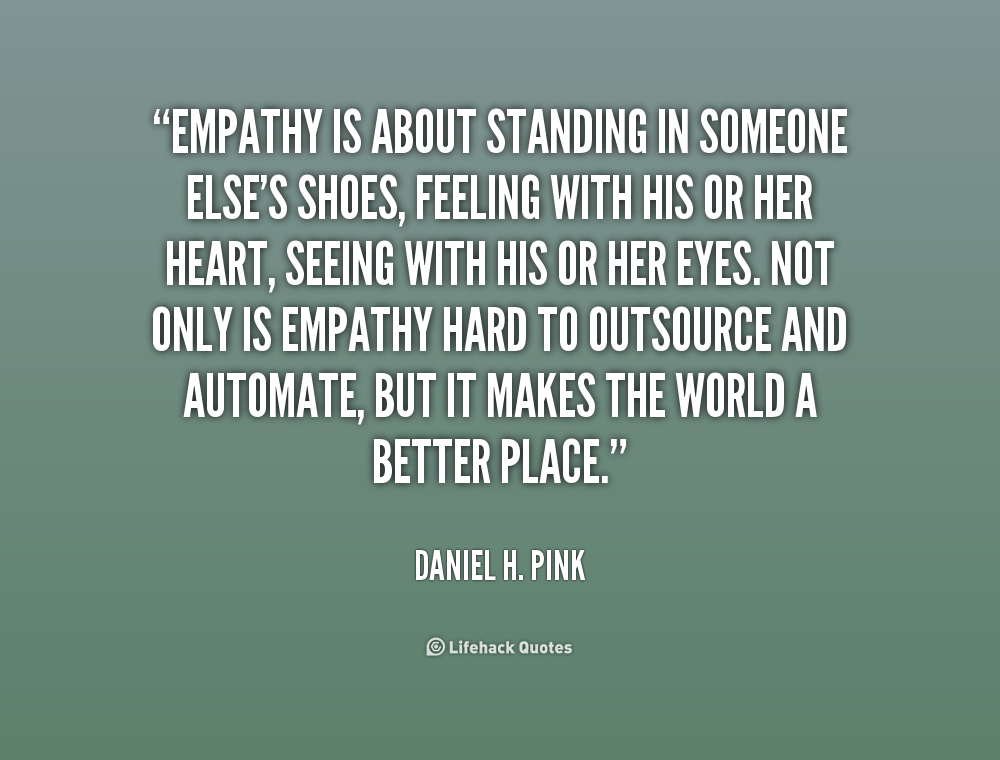 There are games that specifically develop empathy. nine0005
There are games that specifically develop empathy. nine0005
"Transmission of feelings". An adult presenter chooses a child and suggests in his ear what mood to think of. The child chain conveys this mood - with the help of facial expressions, gestures, touches. Each next child guesses what mood they are talking about and thinks out how to pass it on to the next in the chain. When the circle closes, you need to discuss what kind of mood was intended.
Quiet conversation. An adult facilitator whispers a phrase into the child's ear. All children sit in a circle. The task of the child is to non-verbally say this phrase to the others. Children guess what exactly this phrase is. nine0199
Heroes' emotions. An adult leader reads a story or a fairy tale to the children. Children are given symbolic cards with images of different moods in advance. In the process of reading, the children correlate the cards with the emotional state of the hero of the work and explain their choice.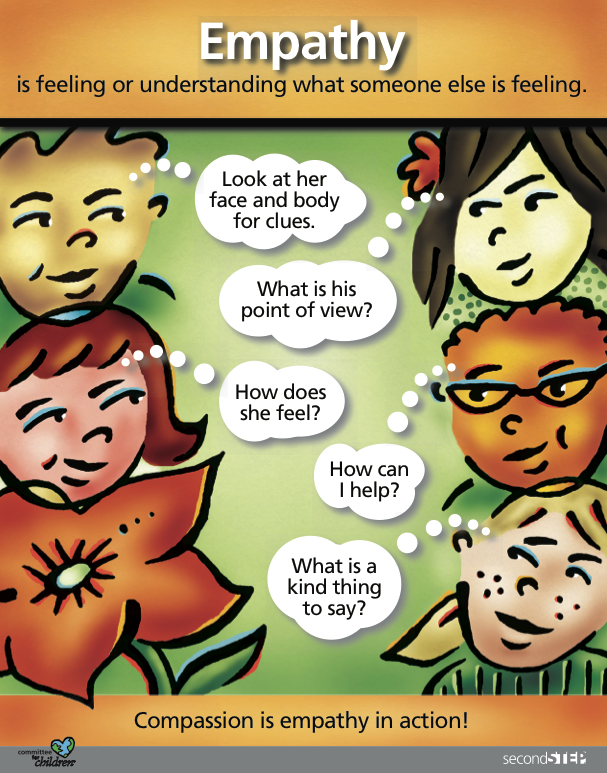
4. Discuss emotions
Ask the child how he feels at the moment. But the younger the child, the more difficult it is for him to recognize his emotions. Children do not know how to determine whether they are sad now or they are angry - as long as their parents do not teach them to distinguish one from the other. nine0005
Speak out the emotions of your son or daughter: “You are now angry because...”, “You were upset because of...”, “You were offended by such and such…”. When a child recognizes his own emotions, it is easier to understand others.
When talking about your own emotions, use the "I-statement": "I feel like this", "I feel like this right now." Do not shift the responsibility for your emotions to the child: “You are such and such, you brought me!”.
<
What is the result
Empathy is the ability to understand the feelings of others. You need to educate it from childhood: set an example, pay attention to the emotional state of others, allow the child to play a lot with peers and talk about the inner world.

